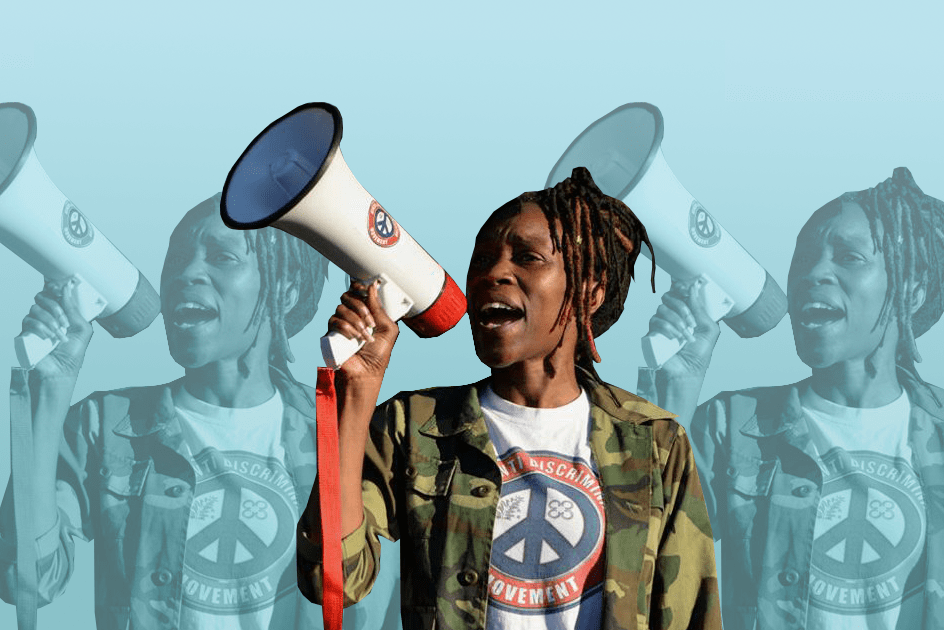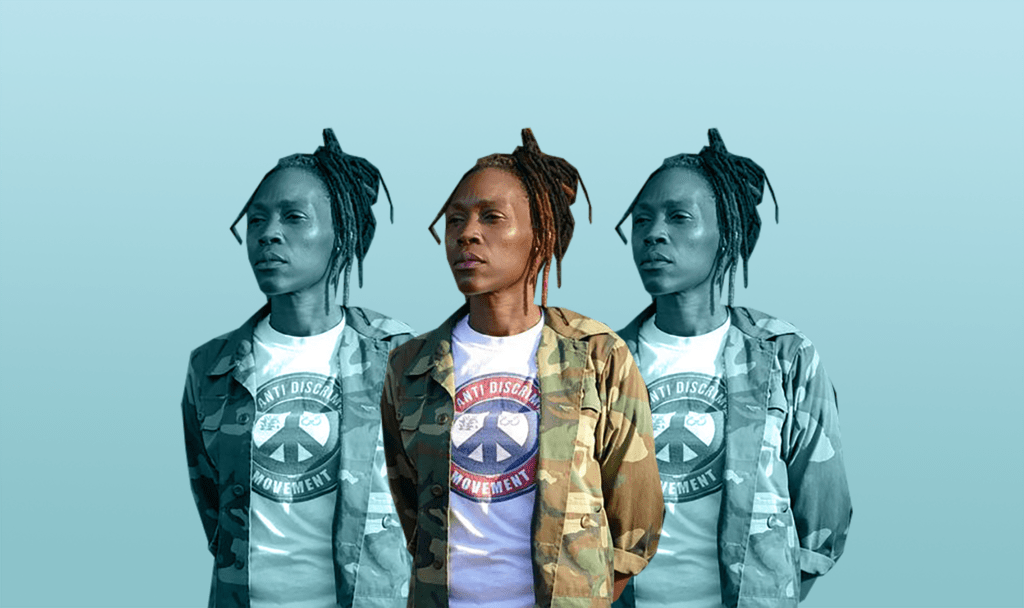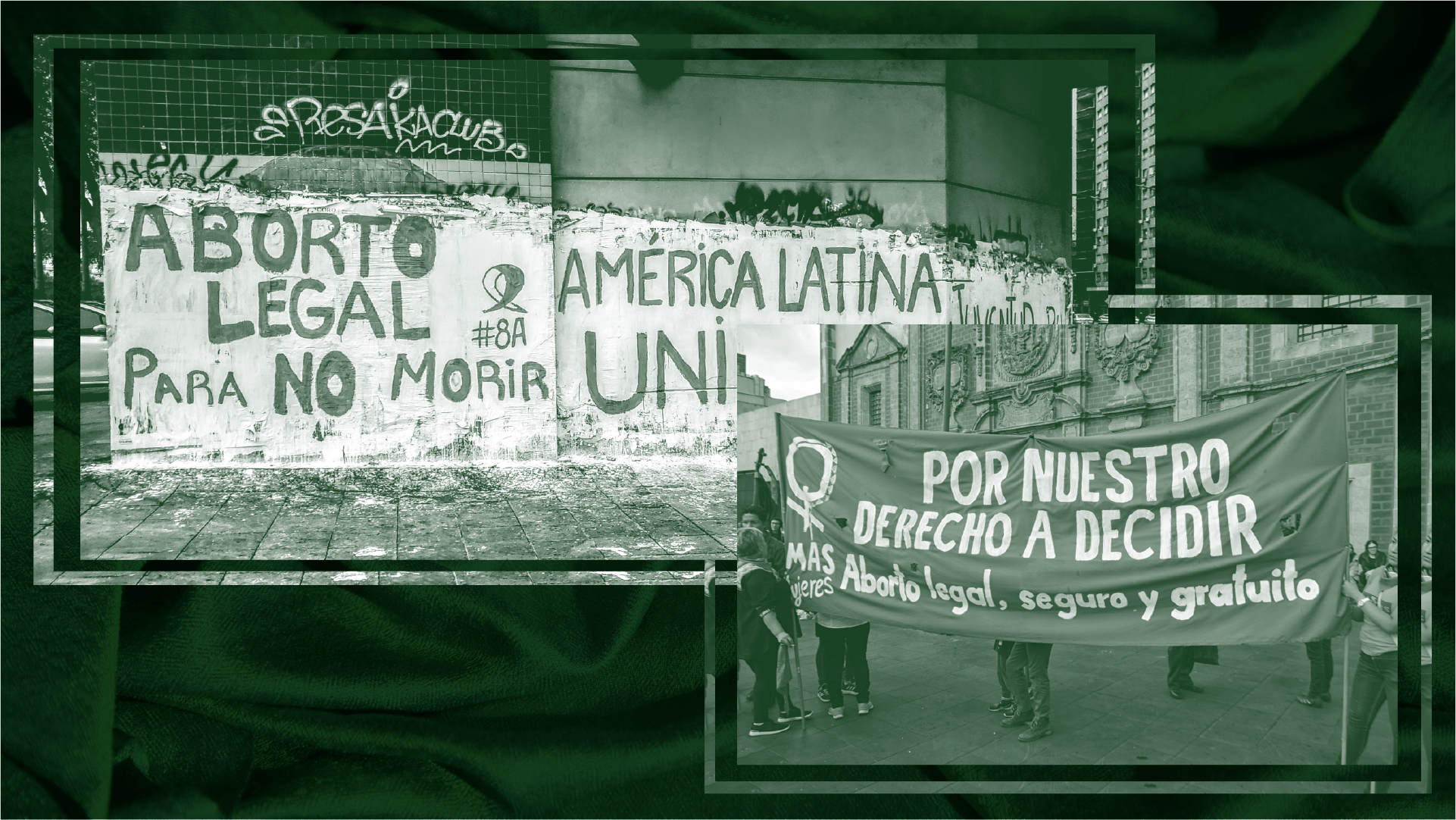
Activist Mokah Jasmine Johnson on Georgia’s Progressive Sheen
Local Georgia activist and organizer Mokah Jasmine Johnson talks about her role in Georgia’s 2020 Blue Wave: "Right now is just an awakening. It’s just a conversation.”
While the rest of the U.S. only recently fixed its anticipatory gaze towards Georgia following its transformation from a red state to a (very light) blue state, women like Mokah Jasmine Johnson — a local Athens activist and former Georgia State House District 117 candidate — have been working to mobilize people across the state to support social justice and voter reform for years.
It’s been a slow and steady process for both Georgia and Johnson. Over the nearly ten years her family has lived in Athens, the collegetown home to the University of Georgia, Johnson has progressed from an educator and small business owner to the co-founder of the Athens Anti-Discrimination Movement. In tandem, turnout for young Georgia voters grew to the highest in the nation this year, skewing mostly Democratic.
When Johnson first moved to Athens, she never envisioned herself becoming an activist, let alone a Congressional candidate. (She lost to incumbent Houston Gaines by a 13.2% margin in 2020.) But after a local bar allegedly named a drink after a racist slur in 2015, Johnson felt compelled to leave the private sector for public service. At the beginning of the next year, Johnson organized her first march in protest of discrimination in the downtown area.
“I thought that was a great opportunity to prove the point that there is racism, and there is discrimination and there is a segregation and a division that’s happening downtown where people are just walking around, like this is not really happening,” Johnson said. “I really just act on what I feel inside in addition to the conditions that are happening.”
Seeing Through the Illusion
Johnson and her husband, Knowa, moved to Athens in 2011, thinking it was an artsy and open-minded music town that welcomed all genres. This led Johnson to believe Athens was the perfect place to set up shop for her business, United Group of Artists Music Association (UGA Live), which she co-owns and runs with her husband. But, when they began approaching venues to book her clients’ hip-hop shows and urban music showcases, Johnson said they were mostly met with rejection.
“There wasn’t a lot of people that was for the kind of line of work that we do. There wasn’t an avenue for that,” Johnson said. “And that was a surprise, because this is supposed to be a music town. But it was more catering to rock and folk type music.”
Johnson then began to look more closely at her newfound community. She noticed a lack of diversity in the downtown area, and a clear prioritization of music and entertainment that would cater to the white population of Athens. There weren’t any fully Black-owned businesses or a wealth of places for the Black community to congregate. The few in existence were contained to the Hot Corner — the last vestiges of Athens’ historic Black business district located at the intersection of Washington and Hull Streets.
While she liked the small town and the overall ambiance of the city, seeing these invisible lines that were only being wallpapered over with half-hearted sentiments for change and a progressive veneer made her question whether or not she wanted to stay. The Athens Johnson experienced — and continues to experience — isn’t the one seen by most of the white college students and residents of the community, but it’s one she wants people to know and confront.
“If you’re enjoying Athens in a certain way, take a look at the color of your skin,” Johnson said. “If they feel like they’re advancing, and they don’t see the problems that I see and they’ve never experienced the things that I’ve experienced, or that other people talk about, or try to tell them that is happening in this town: take a look at your skin. And then ask yourself, you know, what can you do to change that?”
Because, despite the lists and the rankings heralding the Athens area as one of the “cutest Southern towns” or “a great place to retire,” Johnson saw clear segregation.
High-rise UGA dormitories and stately sorority mansions tower over public housing, which is home to 88% of the city’s Black population in 2012. About 50 years prior, much of that same population was displaced from the Linnentown neighborhood as their community became another casualty of federal urban renewal projects, eclipsed by the interests of a wealthy state university.
Yet many — both in the Athens community and out — still view the town area as a splash of liberal blue in an otherwise red state. But, in August, a local magazine reported that an Athens-Clarke County Jail roster showed 223 of the 289 men and women locked up were people of color. Downtown, Black men still get denied entry from bars for not following the dress code of the business.
“Athens is stuck in a place where they see progressive, but it’s not as progressive as they think it really is,” Johnson said. “Everybody’s talking about diversity and inclusion. There is no Black owned entertainment venue. Yes, we have Hot Corner. But, if you still look at that, that’s segregated.”
When General Beauregard’s allegedly approved a racist slur on its menu in 2015, it further reinforced the issues Johnson had been seeing for a long time. As a mother of teens who would soon spend more time downtown, Johnson said it was the last reckoning between her and the city she couldn’t quite reconcile as the home she wanted. She said that if her kids were going to encounter racism, she didn’t know if she wanted to stay in Athens.
“And if people aren’t going to do anything about it,” Johnson said, “I for sure don’t want to live here anymore.”
Johnson recalled what she felt during that first protest during the Martin Luther King holiday weekend in 2016. As she looked around at the hundreds marching with her, she said her mind went to the 1960s and the Civil Rights Era. Even though she was not alive then, the anxieties and fears of how others might react washed over her, and she began wondering if someone might attack them.
“I remember when we were marching, and I was surrounded by all these people, I’m thinking to myself ‘Are we going to be okay? Are they going to send out the police? Are they going to set dogs on us,’” Johnson said. “We kept marching. And like I say, we have been marching ever since. I don’t have that concern anymore.”
 Progression to Politics
Progression to Politics
Throughout the years, Johnson has progressively become more of a fixture in local activism and politics. Following her first protest, Johnson and her husband began the Athens Anti-Discrimination Movement (AADM) to push for racial and social justice in Athens. In 2018, she served as the Democratic representative on the Athens-Clarke County Board of Elections.
“I wanted to learn more about it from the inside out, not just as the person standing on the outside as an activist, but what is really going on,” Johnson said. “There’s a certain system in place, and a lot of people [are] afraid to challenge that system. They’re more willing to go with the flow of what’s already in place, even if it’s wrong, even if they know that it’s broken.”
That same year, as Stacey Abrams tirelessly campaigned to be the governor of Georgia, Johnson began the “Get On the Bus and Vote Initiative” through AADM. Although the organization couldn’t officially endorse a candidate, Johnson wanted to mobilize voters, specifically those from marginalized communities, to show up to the polls by providing free and safe transportation.
The issue of voter suppression is a layered and systemic one. According to Johnson, the fire Abrams ignited in Atlanta concerning voter suppression shed light on an issue that had long been present, and provided a bit of hope for disenfranchised voters — even those who had become disillusioned with the voting process.
“They don’t believe that it’s really going to make a difference, because they’re suffering too much,” Johnson said. “We still have to figure out a way to penetrate those people. And that’s what the ‘Get On the Bus and Vote’ initiative is.”
80% More to Go
But when the 2020 election cycle rolled around, Johnson shifted gears out of local activism to campaign for Georgia House of Representatives. Her platform focused on “justice, equity, and education,” and with some of her policies centered on criminal justice reform, voter suppression, affordable housing, worker’s rights and access to public education.
Her campaign raised over $258,000, an amount notably higher than previous House District 117 candidate, Deborah Gonzalez, who raised $134,249 when she ran in 2018. Although she lost, Johnson said she still feels proud of her campaign’s numbers as well as the impacts her activist efforts played in this election.
“To see this shift in Georgia throughout the week [of the 2020 election], even though we did not tangibly win,” Johnson said. “I feel like we played a role in that shift.”
While the victories of the presidential election taste sweet, they don’t come without recognition that there’s still much farther to go.
“I’m proud of the race that we ran. But it’s disappointing because I felt honestly, like white supremacy won, again, in this moment, not forever,” Johnson said. “I mean, you can see racism is involved in it when I’m on a Zoom call, and someone calls you [the n-word] — you cannot tell me racism was not involved, or did not influence this race.”
Although there’s been slight growth in raising visibility of social issues and passing anti-discrimination directives, she still sees many of the same problems as she did when she first moved to Athens. The past few months have marked progress to Johnson, both for the state and the city, but that doesn’t mean she’s plateaued — quite the opposite.
“I would say we’re at 20% of some of the changes and we have 80% to go,” Johnson said. “Right now is just an awakening. It’s just a conversation.”


